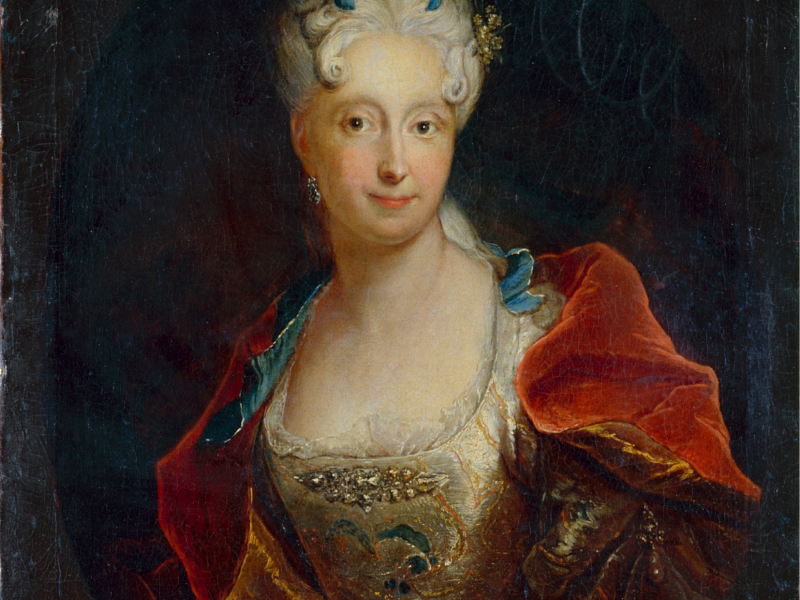Lecture by Dr. Joëlle Weis and colleagues: „Tout Vienne me riait“. Familiäre und höfische Beziehungen in den Memoiren der Gräfin Luise Charlotte von Schwerin (1684−1732)
In the context of the Jour fixe of the Institut für die Erforschung der Frühen Neuzeit in cooperation with Geschichte am Mittwoch

Date:
17.05.2023Place:
University Wien, Institute for History, Universitätsring 1, 1010 Wien, Lecture Hall 30
Zoom: https://univienna.zoom.us/j/64067888319?pwd=My9wY0tRYmorcmxHQTh2azErV1g2dz09
18.30 s.t. – 20.00 Uhr
Categories:
EventContact:
Dr. Joëlle WeisFurther Information:
Programm von Geschichte am MittwochAfter a childhood in the Netherlands, Countess Luise Charlotte von Schwerin married into the Prussian court nobility and accompanied her husband as Prussian envoy to Vienna in 1716; here she converted from the Reformed to the Catholic faith and subsequently spent the rest of her life in exile in Breslau/Wrocław, Cologne, and Vienna. Her memoirs, written in the 1720s, have survived in two copies in French, which differ from each other in some passages; there are no comparable self-testimonies by women from this period, especially from the Habsburg Monarchy.
As part of a research project funded by the FWF and based at the Institut für die Erforschung der Habsburgermonarchie und des Balkanraums der ÖAW and the Zentrum für Informationsmodellierung at the University of Graz, a modern digital edition is being created that will make the text accessible through, among other things, a synoptic reading version of the two traditions, a German translation, and digital analysis tools such as topic modeling and network visualization. At the same time, these functions will support the content-related research of the project. Based on Claudia Ulbrich's and Gabriele Jancke's approach of understanding autobiographical writing consistently as social action, the project will focus on the countess's network of relationships in Vienna and Breslau. Among other things, this raises questions about the communicative strategies and the intended audience of the memoirs as well as the use that contemporaries made of this unusual life story.

